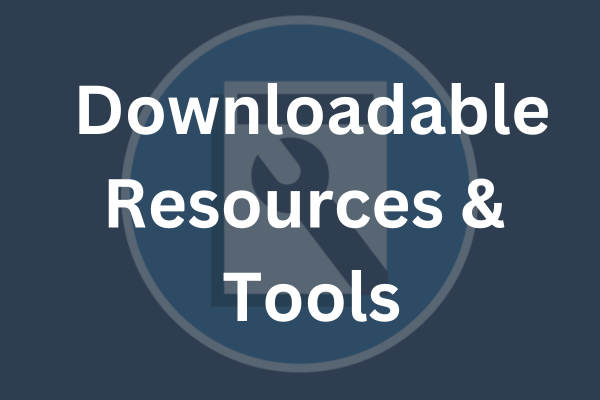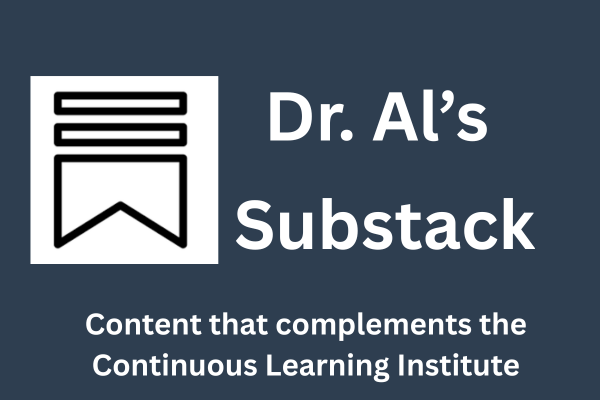Undoing the Grade with Dr. Jesse Stommel

LISTEN TO THE EPISODE
Dr. Jesse Stommel unpacks his book, Undoing the Grade: Why We Grade, and How to Stop
In this episode, I interview Dr. Jesse Stommel, Faculty, Writing Program, University of Denver, and co-founder Hybrid Pedagogy & Digital Pedagogy Lab
The focus of the episode is his book, Undoing the Grade: Why We Grade, and How to Stop
(Scroll down to access the transcript.)
We cover the following key topics:
6:21:46: How the book came to be
12:01:00: Understanding your teaching philosophy and the four-word pedagogy activity
18:47:25: Why I don't grade
21:42:50: The problem with learning management systems
25:59:50: Rethinking assessments
31:20:25: Getting started by understanding barriers and talking with students
37:22:00: Addressing anxiety over ungrading
41:22:75: Managing feedback for students within large classes
46:32:00: When the institution requires grade submissions
49:11:25: Ungrading in STEM
53:58:25: Changing mindsets about ungrading
Select Dr. Jesse Stommel episode quotes:
"Start by trusting students."
"What does an 'A' mean? What does an 'A-minus' mean? What does an 'A-minus,' 'B-plus' mean? If I give you a 97 and I get a 95, what's the difference between those grades? The only functional difference is that a 97 is higher than the 95, so that the only thing it communicates clearly is that you did better than I did. So it ends up being a good system for ranking people against each other, not a good system for giving students feedback about how they're doing."
"Teachers in higher education get very little preparation. Teachers in K-12 and higher education get very little support for the work of teaching. And then institutions are investing huge amounts of money in proctoring software, in plagiarism detection software, in learning management systems, and in some ways increasing their spending on these technological systems while decreasing their spending on support for teachers."
"Learning management systems are dictating pedagogy to teachers so that the LMS becomes the compass that they're following instead of their own philosophies, instead of their own beliefs about what matters about the work of teaching or what teaching looks like. I think these systems are insidious because these pedagogies are baked so deep into the system and the systems profess to be neutral when they're not actually neutral. These systems are telling us how we should grade. They're telling us what matters about our work."
"There is no magic solution to the issue of equity in education. It has to be constantly under revision because our students are changing, we're changing, and our contexts are changing."
"If we know that one in two of our students have experienced food insecurity in the last 30 days, then how does that change our pedagogical approach? If we know our students are experiencing homelessness and the housing insecure are at a rapidly increasing rate, what does that mean for something like homework, which is meant to be done from home? If we think about the the pandemic and the notion of learning from home or pivoting to online, what does it look like to learn from home if you don't have a home from which to learn from?"
"To start small means talking to students really frankly about what's going on, which means having them talk about their own education, having you talk about grades as a system, having you potentially talk about your own precarity. Certainly it's important to have boundaries. I'm a big fan of boundaries, but it's also the way that we erect boundaries is by being open, by trusting each other, by deciding what our limits are, deciding what matters. And for me, having those frank conversations is the first step towards ungrading. Then, grade less often, grade more simply, find ways to grade more clearly. And then ideally, which is where I've come to in my pedagogy, grade and do assessment as a conversation with students so that assessment isn't something that happens to students, but it's something that they're engaged directly in. It's not something we're doing to them. It's a conversation."
"Metacognition isn't just a fancy word for talking about our own thinking. Metacognition is a practice. It's something that we engage in as part of our learning. We learn better when we're thinking about and reflecting on our learning."
"I almost died from a chronic illness and the doctor did exploratory surgery. He started to cut into my abdomen. And what I needed that doctor to be able to do was when they encountered something they'd never encountered before, I needed them to have the problem solving skills, the critical thinking skills that they needed in order to address that. I didn't need their ability to give sutures to be quantified on a 100 point scale. What I needed was in that moment when they saw something they'd never seen before, I needed them to be able to save my life. And to me, that's not about how many times they were graded. They were having to do something novel at that moment. In some ways, in some of those disciplines [like STEM], it's even more important that we have those metacognitive faculties. I needed them to know that they could cut and not kill me, and that took self assessment, not external assessment."
"A student said to me once on the course evaluations in these two sentences next to one another, without much commentary around them. They said, 'I worked harder for this class than any other class in my life. It was an easy A.'"
"The comment, "You're too easy on your students," the truth is that grading is easy. Quantifying people and ranking students against one another with a standardized mechanism, that's easy. What's harder is the critical thinking. What's harder is building relationships. What is harder is getting students to be able to evaluate themselves. My goal is not necessarily to make them experts at self-evaluation or self-reflection, but it's to plant seeds that then will potentially and hopefully continue to grow throughout their life so that even when they go into a class that is more conventionally grading, they're doing some of those self-reflective metacognitive activities and so that they approach all of their classes no matter how they're graded with a slightly different frame of reference. But to me that's harder work."
About Dr. Jesse Stommel
Dr. Jesse Stommel is currently a faculty member in the Writing Program at the University of Denver. He is also co-founder of Hybrid Pedagogy: the journal of critical digital pedagogy and the Digital Pedagogy Lab. He is co-author of An Urgency of Teachers: the Work of Critical Digital Pedagogy.
Jesse is also a documentary filmmaker and teaches courses about pedagogy, film, digital studies, and composition. He experiments relentlessly with learning interfaces, both digital and analog, and his research focuses on higher education pedagogy, critical digital pedagogy, and assessment.
He’s got a rascal pup, Emily, a clever cat, Loki, and a badass daughter, Hazel.
About Dr. Al Solano
Al is Founder & Coach at the Continuous Learning Institute. A big believer in kindness, he helps institutions of higher education to plan and implement homegrown practices to improve student success and equity by coaching them through a process based on what he calls the "Three Cs": Clarity, Coherence, Consensus. In addition, his bite-sized, practitioner-based articles on student success strategies, institutional planning & implementation, and educational leadership are implemented at institutions across the country. He has worked directly with over 50 colleges and universities and has trained well over 5,000 educators. He has coached colleges for over a decade, worked at two community colleges, and began his education career in K12. He earned a doctorate in education from UCLA, and is a proud community college student who transferred to Cornell University.







